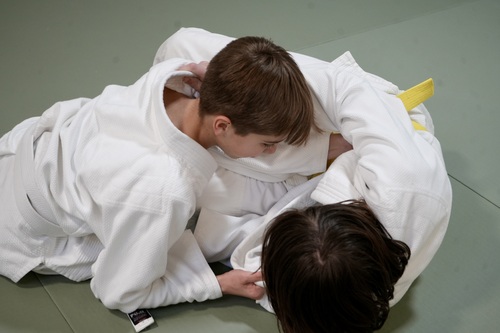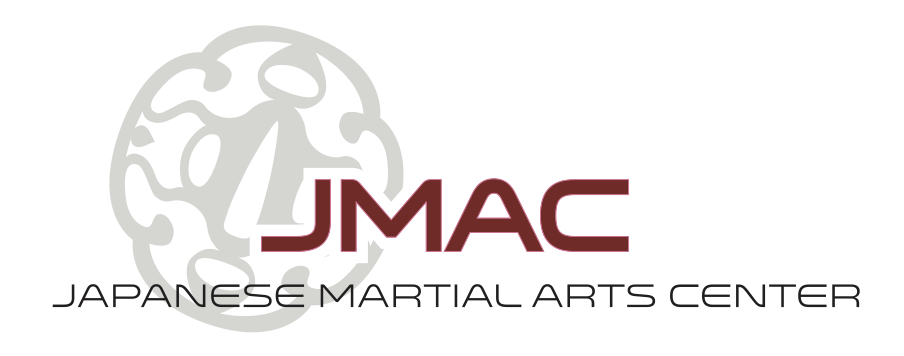How Martial Arts Empowers Neurodiverse Individuals to Thrive

Discover how the right dojo can make all the difference for individuals with autism, ADHD, and other neurodiverse conditions.
Could martial arts be the key to unlocking better focus, confidence, and emotional regulation for neurodiverse individuals?
Have you ever wondered how something as disciplined as karate could help someone who struggles with attention or sensory sensitivity?
In this article, we’ll explore how martial arts can offer powerful benefits for children and adults who are neurodiverse. With real-life success stories and insights into how structure, movement, and mindfulness work together, we’ll show you how finding the right Karate School in Ann Arbor could be life-changing.
Why Martial Arts Works for Neurodiverse Minds
For individuals with autism, ADHD, sensory processing disorders, and other neurological differences, traditional learning environments can feel overwhelming or ineffective. But martial arts offers something unique:
- Predictable structure
- Repetitive, purposeful movements
- Clear rules and expectations
- A safe outlet for energy and emotion
- Individual growth within a supportive community
Martial arts doesn’t ask students to conform—it invites them to channel their energy and grow through focus, routine, and self-discipline.
Real Success: How Martial Arts Has Transformed Lives
🥋 Jen Malia – Finding Peace and Focus Through Taekwondo
Jen, an autistic adult and now a first-degree black belt, found that martial arts helped her manage both sensory overload and chaotic thoughts.
"The repetition of kicking targets and running long distances calms my mind and gives me much-needed stress relief... disrupting chaotic thoughts and allowing me to focus much better."
Martial arts became more than a form of exercise—it became a tool for regulating her environment, organizing her thoughts, and building resilience. Today, she’s not only a professor but also an advocate and martial arts instructor, inspiring others to follow her path. Read more about her story here.
🥋 Joshua Biddle – A Yellow Belt at Age 7 and a Whole New Outlook
Joshua, a young boy with ADHD, struggled with behavior and emotional regulation until his grandparents enrolled him in martial arts.
After just three months of consistent training, the transformation was dramatic:
- He earned a yellow belt
- His concentration improved
- His behavior mellowed
- He became more affectionate and communicative
“He’s got better concentration, he’s better about homework, and he’s more loving.”
His family calls the change “miraculous”—and it all began at his local dojo. Read more about his story here.
What to Look for in a Karate School
If you're a parent, guardian, or adult seeking the benefits of martial arts for a neurodiverse individual, choosing the right environment is critical. Look for:
- Instructors experienced with neurodiversity
- Patience and adaptability in teaching styles
- Small class sizes or private lessons
- Consistent routines and visual structure
- Opportunities for positive reinforcement
At our Karate School in Ann Arbor, we welcome students of all abilities and focus on creating a space where everyone can thrive at their own pace. Our instructors are trained in inclusive practices and believe that every student can succeed with the right support.
The Bottom Line: Empowerment Through Movement
Martial arts isn’t about perfection—it’s about progress. For neurodiverse students, that progress might be better emotional regulation, increased confidence, or even earning a black belt. No matter where the journey begins, the right Karate School in Ann Arbor can help guide you toward strength, discipline, and self-belief.
Want to Learn More or Try a Karate School in Ann Arbor?
Contact us today to schedule a tour or sign up for a trial lesson. We’re excited to welcome you or your child into a dojo where ability is seen through effort—not labels.
